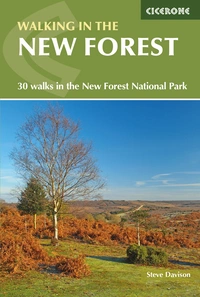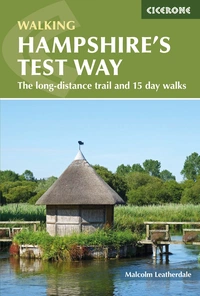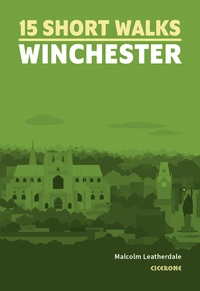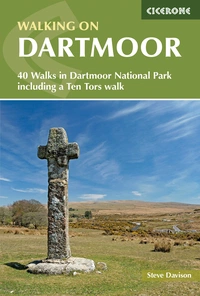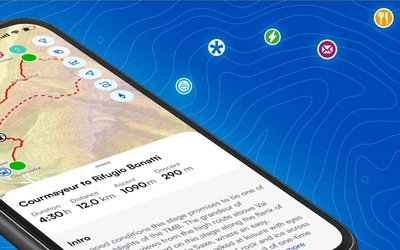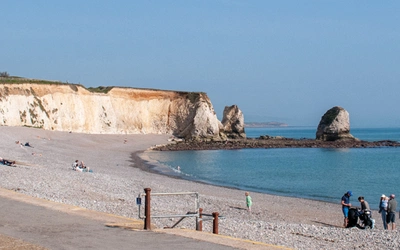Hidden Gem – the southernmost tip of the New Forest is not what you might expect
Dipping a long sinuous finger into the Solent, the southernmost tip of the New Forest National Park forms part of the Solent Way, with Hurst Spit, an impressive shingle spit with a castle at its far end. This is just one of the walks featured in Walking in the New Forest by Steve Davison, but has memories for me that go back over forty years.
Hurst Spit is perhaps less impressive than its more famous neighbour Chesil Beach to the west, however it is more accessible to walkers, both in terms of time and interest, with the ever-changing scenes of shipping and sailing boats on the Solent, to the castle and lighthouse at the far end of the spit.
For long-distance walkers, the Solent Way is a 97km (60-mile) walking route between Milford on Sea in the west and Emsworth Harbour in the east. Following the path from west to east, it enters the national park at Hurst Spit near Keyhaven and passes through Lymington to Buckler’s Hard. From here it runs north along the Beaulieu River to pass Beaulieu and cross Beaulieu Heath before exiting the park at Hardley;, around one third of the Solent Way is within the national Park.
In his guidebook Walking in the New Forest, Steve Davison describes a 10.5km (6.5 miles) circular route from Keyhaven. It's described as a fairly easy walk exploring the most southerly part of the New Forest. From the seaside village of Keyhaven the route takes an inland route, meandering across open fields to Milford on Sea, with its interesting Norman church. The return leg follows part of the Solent Way along the coast, with great views of the Isle of Wight and The Needles. But don't stop at Milford on Sea, instead walk the full length of the spit and back. You can even take a seasonal passenger ferry from the end of the spit back to Keyhaven – saving a bit of a walk, and adding a short boat trip!
The spit formed from loose flint pebbles which had been eroded from the fragile cliffs further west, near Christchurch, Barton on Sea and Mudeford. Although originally formed by natural processes, Hurst Spit has been declining in volume, since the 1940s when coast protection works interrupted the flow of the shingle towards the spit. Between 1967-8 a new scheme rebuilt the shingle bank using dredged shingle. The spit still has to be occasionally replenished, so sadly it no longer looks entirely natural.
Situated at the end of the long shingle spit, less than a mile (1.3km) from the Isle of Wight, Hurst Castle was built by Henry VIII in 1544 to defend the western approach to the Solent. The castle is one of a series built to defend the coastline. Just over a century later Charles I was imprisoned here in 1648 before being taken to London for trial and execution. The building was extended during the Napoleonic Wars and again in the 1870s, when the large armoured wings with 38-ton guns were constructed. The castle remained part of Britain’s coastal defences until 1956. The original lighthouse was built in the 1780s to help guide vessels through the hazardous western approaches to the Solent between The Needles and the shingle bank; the current lighthouse was built in 1867.
Hurst Castle:
In summer, the small ferry (daily service April–October, limited winter weekend service, weather permitting) operates from the jetty beside the castle to Keyhaven harbour.
Information on the castle, including the ferry: 01590 642344; www.hurstcastle.co.uk.
Walking in the New Forest
30 Walks in the New Forest National Park
£12.95
SALE
£10.36
A guidebook to 30 walks of between 3 and 10 miles set throughout the New Forest National Park in Hampshire and Wiltshire. Routes explore ancient woodland, heather-clad heath and dramatic coastline, all within easy reach of Southampton, Bournemouth and Salisbury. Walks for all abilities, easily combined to create longer challenges.
More information
